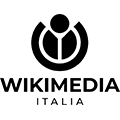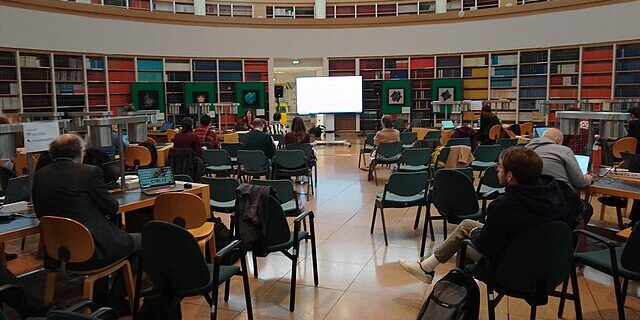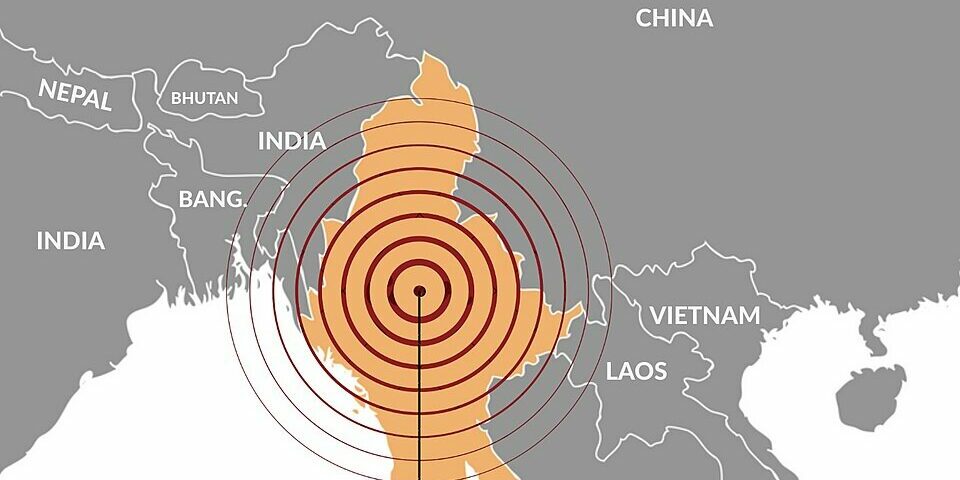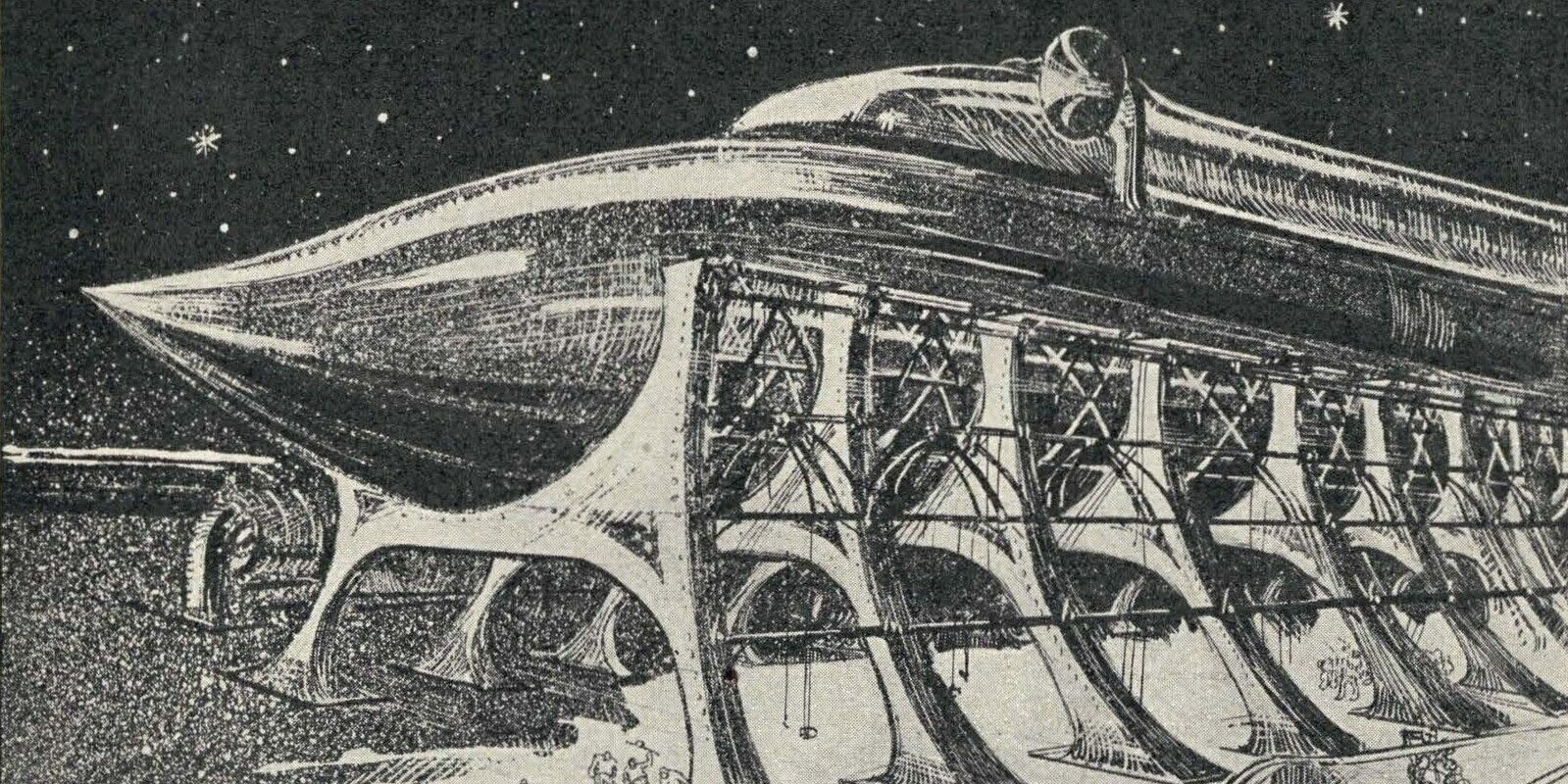Wikipedia: uno strumento per cambiare l’ecosistema formativo
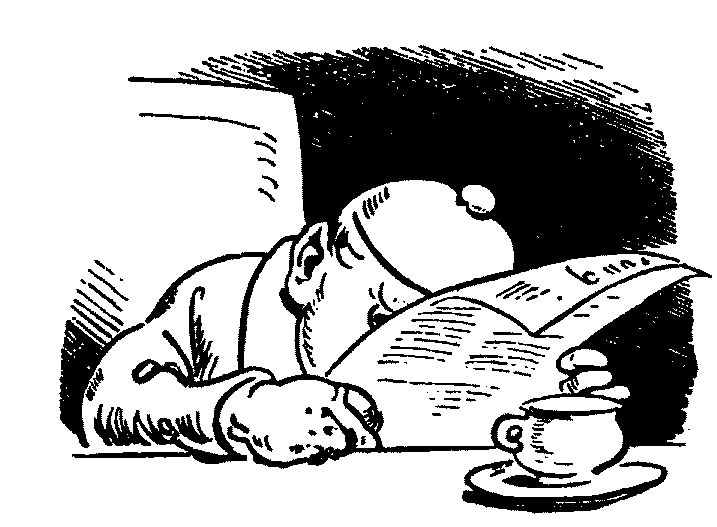
Festeggiamo Wikisource rileggendo!
30 Novembre 2018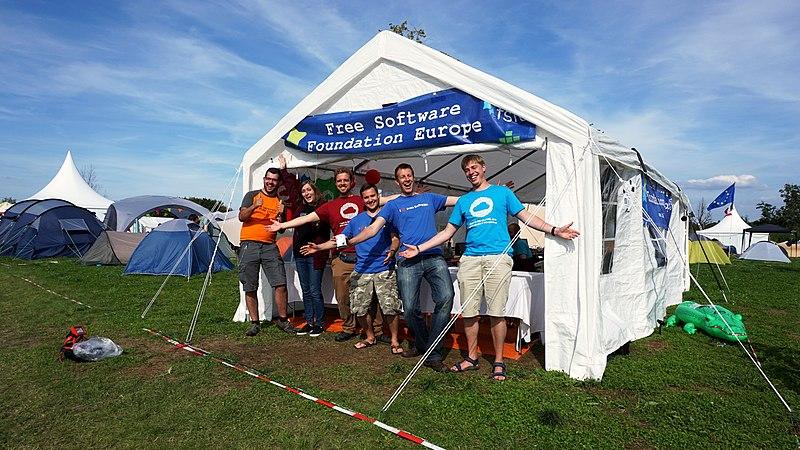
Wikimedia Italia per il software libero insieme a FSFE
4 Dicembre 2018In occasione di itWikiCon 2018, il raduno annuale degli utenti attivi sui progetti Wikimedia in lingua italiana, Susanna Mkrtchyan, wikimediana, presidente del board di Wikimedia Armenia e vice presidente dello user group Wikipedia&Education è stata invitata a Como a condividere la sua visione e la sua esperienza di utilizzo dei progetti wiki come strumento didattico.
Credo che l’enciclopedia libera e tutti i progetti Wikimedia – ha spiegato Susanna durante la sua sessione – possano contribuire a cambiare la mentalità delle persone comuni e il modo in cui vedono se stessi e la società. Wikipedia e gli altri progetti collaborativi possono essere il seme da cui nasce un’attitudine quotidiana al volontariato, alla collaborazione e al confronto con gli altri. I progetti Wikimedia sono anche un potente strumento per migliorare le capacità di apprendimento, stimolando la concentrazione, il ragionamento e persino il senso critico.
In Armenia, ad esempio, dove i ragazzi vivono in piccoli villaggi rurali e spesso non hanno nulla di speciale da fare dopo la scuola né possono accedere a un’educazione innovativa o di alto livello, l’approccio “learning-by-doing” dei progetti Wikimedia è diventato uno strumento eccellente per migliorare l’apprendimento.
Questo è il motivo per cui Wikimedia Armenia ha lanciato i WikiClubs. Un WikiClub può essere organizzato ovunque ci sia una stanza con laptop e una connessione Internet: è un incontro informale – facilitato da un coordinatore wikipediano esperto – durante il quale i partecipanti imparano a contribuire a Wikipedia sui temi che preferiscono e sono liberi di condividere pensieri, suggerimenti e idee con gli altri partecipanti coinvolti.
Per espandere la sua rete di coordinatori, Wikimedia Armenia ha anche organizzato settimane di formazione su Wikipedia per gli insegnanti, per spiegare loro come utilizzare i progetti collaborativi come strumenti di apprendimento e coinvolgere i propri studenti in un WikiClub. Tutti gli insegnanti che contribuiscono in modo efficace ai progetti Wikimedia per più di sei mesi ricevono da Wikimedia Armenia la certificazione di coordinatori e possono attivare WikiClub nel proprio territorio.
Al momento – continua Susanna – abbiamo circa 20 WikiClub in Armenia e 3 in Artsakh. Il risultato più stupefacente è che gli studenti che hanno frequentato i WikiClub hanno anche migliorato sensibilmente i propri risultati a scuola.
Un altro formato sperimentato da Wikimedia Armenia per incoraggiare gli studenti a contribuire ai progetti Wikimedia e promuovere la conoscenza libera – senza dimenticare di divertirsi! – è il WikiCamp: una breve vacanza per bambine e bambini dai 9 ai 18 anni in cui non solo si imparano a conoscere i progetti Wikimedia e contribuire a Wikipedia, ma insieme si fanno attività sportive, escursioni, giochi e altre attività – con la supervisione del WikiCamp leader e un team di entusiasti volontari.
Wikimedia Armenia ha promosso molti WikiCamp sia a livello locale che all’estero, ad esempio in Libano, Francia e Portogallo, ma anche promosso campi per diverse età: dai 9 ai 14, dai 15 ai 18, fino ad arrivare a giovani dai 18 ai 35 anni attivi su diversi progetti tra cui Wikizionario, Wikisource e Wikipedia.
Questa formula – racconta Susanna – funziona anche perché i WikiCamp sono concepiti per essere accessibili al maggior numero possibile di giovani, anche nei costi. Non è infatti necessario pagare una quota elevata per partecipare, ma basta anche solo contribuire attivamente ai progetti o fare una piccola donazione. I WikiCamp aiutano gli studenti e gli educatori ad acquisire strumenti di apprendimento che gli saranno utili per tutta la vita. Sono esperienze che cambiano la vita delle persone – conclude Susanna – ecco perché dobbiamo promuovere in tutto il mondo il modello innovativo di didattica basato sui progetti Wikimedia!
—
Wikipedia: a tool to change the education ecosystem
On the occasion of itWikiCon 2018, the annual gathering of the active users on Wikimedia projects in Italian, Susanna Mkrtchyan, long-term wikimedian, President of the board of Wikimedia Armenia and Vice Chair of the user group Wikipedia&Education was invited to Como to make a speech and share her vision and experience of the “Educational system through Wikipedia”.
I believe that the free encyclopedia and all Wikimedia projects – explained Susanna during her session – can contribute to change the mindset of ordinary people on how they see themself and the society. Wikipedia and the other wiki projects can be the seed for developing an everyday behavior that implies volunteering and confronting with each others. Editing on Wikimedia projects is also a powerful tool to enhance learning abilities: concentration, perception, reasoning and even thinking abilities.
For example, in Armenia, where the population that lives in small rural villages there is often nothing special to do after school and an high-level innovative education is not available, the learning-by-doing approach of wiki projects became an excellent tool for enhancing education.
This is why Wikimedia Armenia launched WikiClubs. A WikiClub can be organized wherever you have a room with laptops and an Internet connection: it’s an informal gathering – facilitated by a coordinator, who is an experienced Wikipedia editor – during which everyone learns to contribute to Wikipedia on the topics he or she prefers and is free to share thoughts, tips and ideas with the other participants involved.
In order to expand its coordinators network, Wikimedia Armenia also organized Wikipedia training weeks for teachers, to explain to them how to use Wikimedia projects as learning tools and how to engage their students in a WikiClub. Any teacher who is able to contribute to Wikipedia for more than six months can receive a license of coordinator from Wikimedia Armenia.
At the moment – continues Susanna – we have about 20 WikiClubs in Armenia and 3 in Artsakh. The most impressive notable achievement is that the students who attended WikiClubs have also gradually improved their academic results at school.
Another format experimented by Wikimedia Armenia in order to encourage students in Wikimedia projects and to promote free knowledge – not forgetting to have a lot of fun! – is the WikiCamp: a short vacation for 9 to 18 years old girls and boys where you can both learn about Wikimedia projects and edit Wikipedia and also play sports, go hiking, play games and do other amusing activities with the other campers and under the experienced guide of a WikiCamp Leader and a team of enthusiastic volunteers.
Wikimedia Armenia promoted many WikiCamps both locally and abroad: Lebanon, France and Portugal; they have also promoted camps for different ages: 9-14, 15-18 and for “young adults” from 18 to 35, mostly active contributors on several wiki projects as Wiktionary, Wikisource and Wikipedia.
This formula – tells Susanna – is working also because the Camps are studied to be accessible to as many young people as possible: even the costs are affordable by almost everyone, as you don’t have to pay an high fee to participate, but you can either contribute actively to wikiprojects, or make a small donation. WikiCamps helps students and educators to acquire learning tools that are going to be useful throughout their whole life.
These are experiences that last forever and change people’s life: that’s why we need to disseminate education through wikiprojects – concludes Susanna – And let the creative “wiki learning approach” reach every corner of the world!
Nell’immagine: Susanna Mkrtchyan alla itWikiCon 2018. Foto di Niccolò Caranti, CC BY-SA 4.0, via Wikimedia Commons

